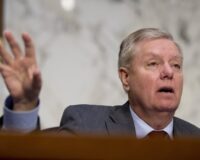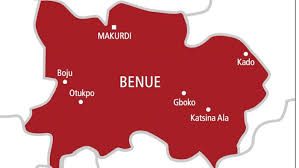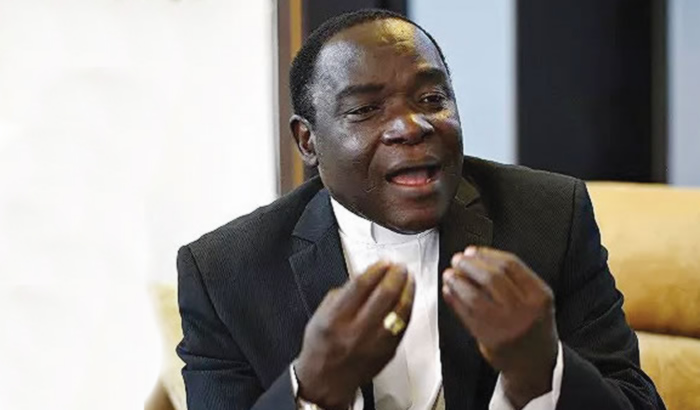President Bola Tinubu has deplored the mislabelling and blanket stereotyping of Nigeria as a country with the highest prevalence of cybercrime and other forms of corrupt practices among its population.
Tinubu declared that the development undermines the majority of the citizens maintaining the principles of integrity and diligence.
He regretted that over the years, Nigerian people had been linked with internet crimes without statistical proof, a development he said is out of tune with the way of life of the typical Nigerian citizen.
The President made the observation on Wednesday during a Public Engagement on Youth, Religion, and the Fight Against Corruption, as well as the Launch of Inter-Faith Manual and Fraud Risk Assessment Project for MDAs at Yar’Adua Centre, Abuja.
The event organized by the Economic and Financial Crimes Commission (EFCC) is a multi-dimensional stakeholder’s involvement in the fight against economic and financial crimes.
The President who was represented at the event by his deputy, Vice President Kashim Shettima, noted that on the contrary, Nigerians are meticulous, authentic citizens who have been making significant contributions to innumerable fields of endeavours around the world.
“Over the decades, Nigerians have been victims of mislabelling. Such gross misrepresentation fails to reflect the true essence of our diverse and resilient nation. The association of internet crimes with the entire Nigerian populace lacks statistical evidence and does not align with the sociology of everyday Nigerians,” Tinubu said.
“Our nation comprises hardworking, honest citizens who contribute significantly to various fields globally, from Artificial Intelligence to medicine.
“While we reject blanket stereotyping that undermines the majority upholding principles of integrity and diligence, we must face the fact that we function in an interconnected world where cybercrimes have evolved into a global phenomenon. This poses a threat not only to our nation but to the entire world,” Tinubu stated.
Delivering his speech titled, “Youth, Religion, and Our Battle Against Corruption: A Call to Action,” the President applauded the EFCC “for remaining a moral compass, persistently rousing the nation’s conscience,” just as he said through its operations, the commission has remained vocal in “telling the world that Nigeria is neither complicit nor complacent in confronting the menace of corruption”.
Underscoring the urgency of combating internet crimes and neutralizing the threat caused by other forms of corruption head on, President Tinubu assured the anti-graft agency of “the government’s support in its quest to combat these digital offenses.
“We must recognize that the Commission’s lawful efforts to bring fraudsters to book are imperative for the overall well-being of our society. The government is aware that our ambitious goal of eradicating internet offenses and corruption demands an atmosphere steeped in trust and integrity. We must foster open communication channels and ensure that law enforcement actions align with justice and accountability,” he added.
The President also stressed the need to remind Nigerian youths that there are abundant opportunities for lawful enterprises, both within and outside the shores of the country.
This, he said, is the reason why the federal government has taken steps to establish a Students Loan Board to address the financial needs of students.
“This initiative aims not only to alleviate financial burdens but also to disincentivize criminality by offering a tangible alternative. Our message to the youth is clear: the horizon is wide, and opportunities abound across various sectors.
“Seize these prospects, embark on lawful enterprises, and let your talents shine. The government encourages you to leverage these opportunities, exhibit your capabilities across all sectors, and contribute to the prosperity of our great nation.”
Tinubu lauded efforts by the EFCC to tackle corruption through the Inter-Faith and Fraud Risk Assessment Projects, saying the “initiative recognizes the potential of religion as a tool for ethical reformation and underscores the importance of engaging diverse faith communities in our fight against corruption.







